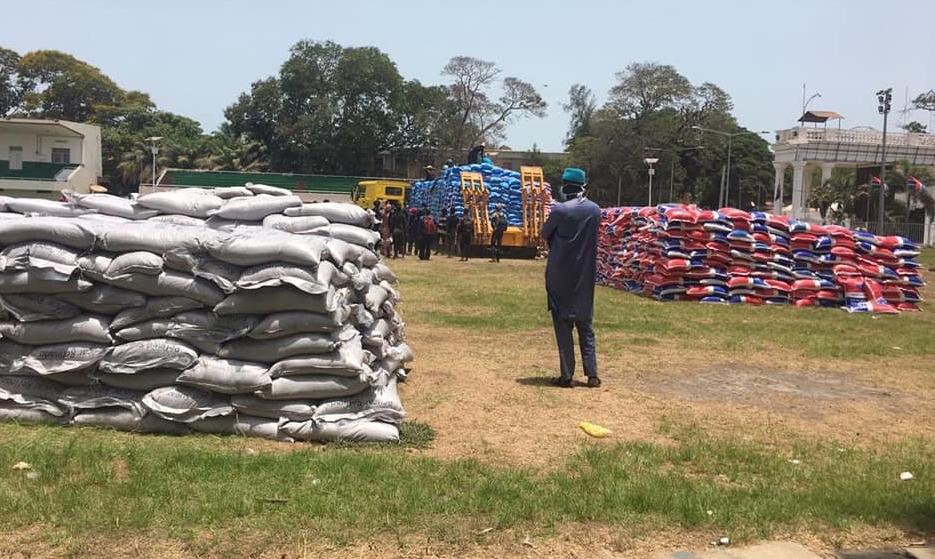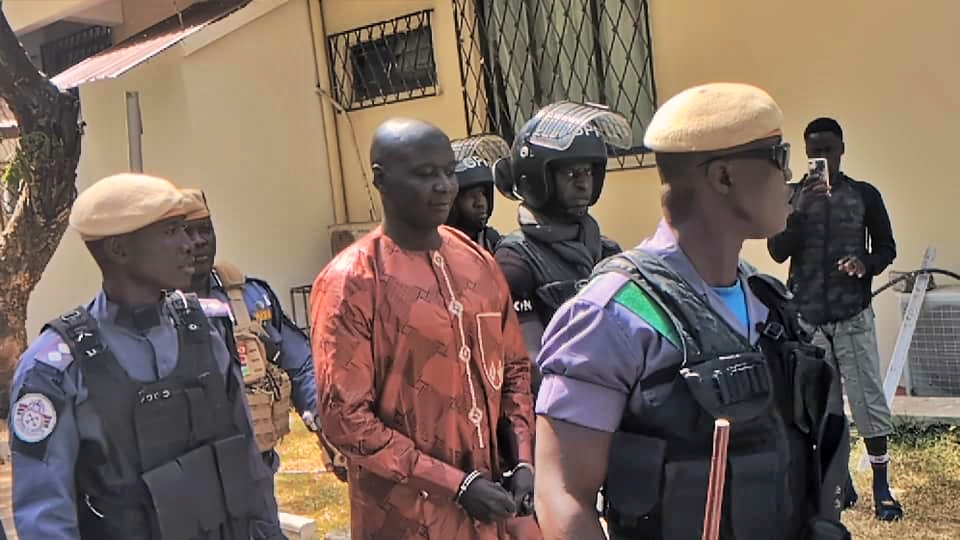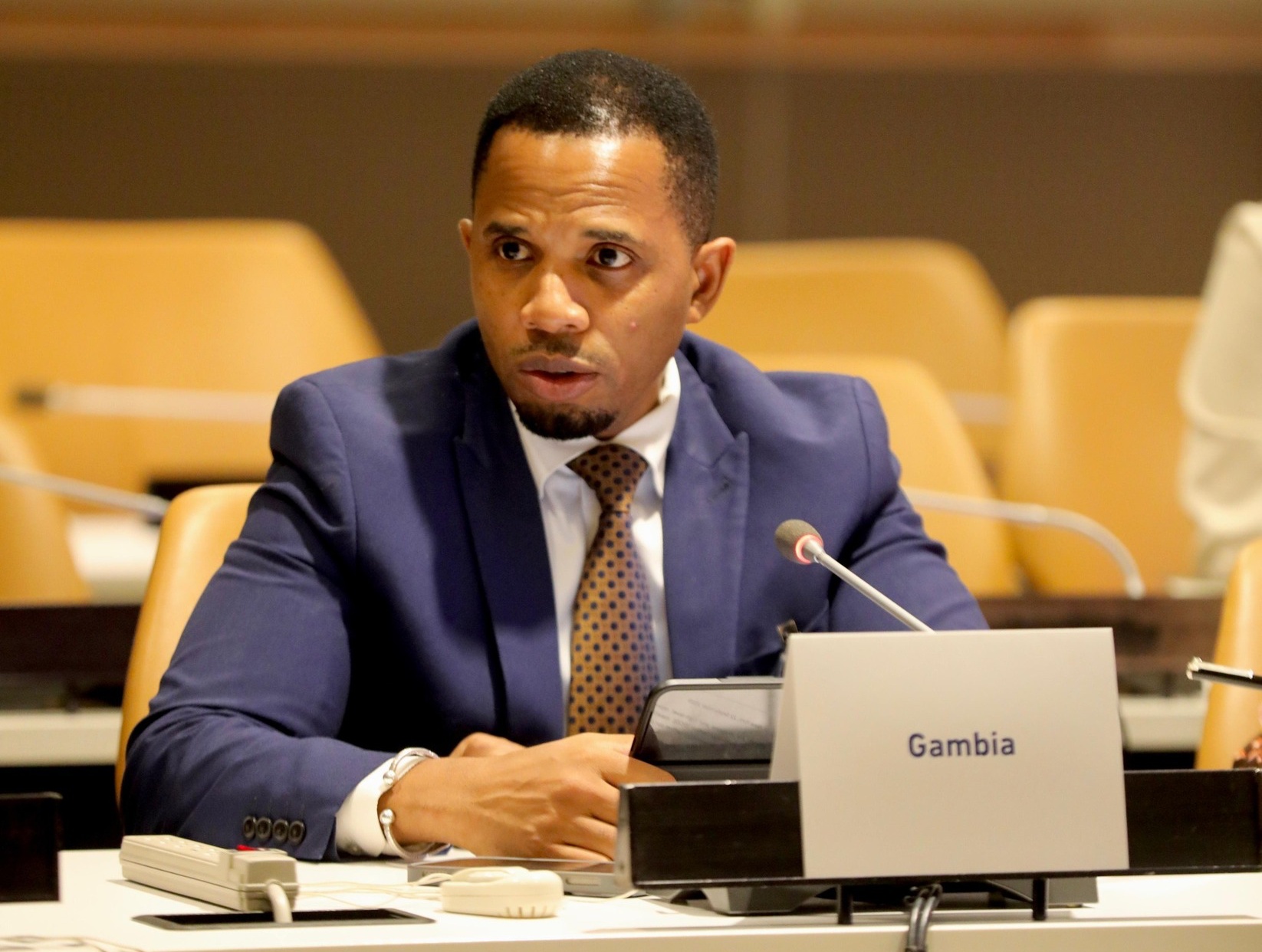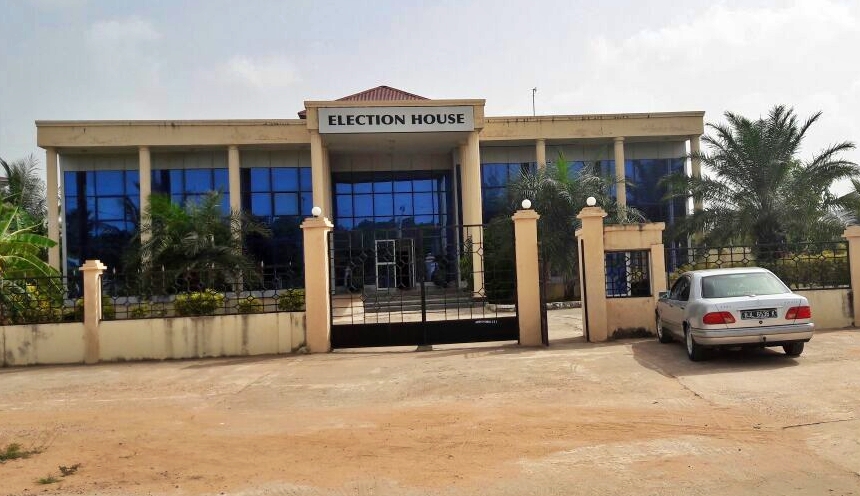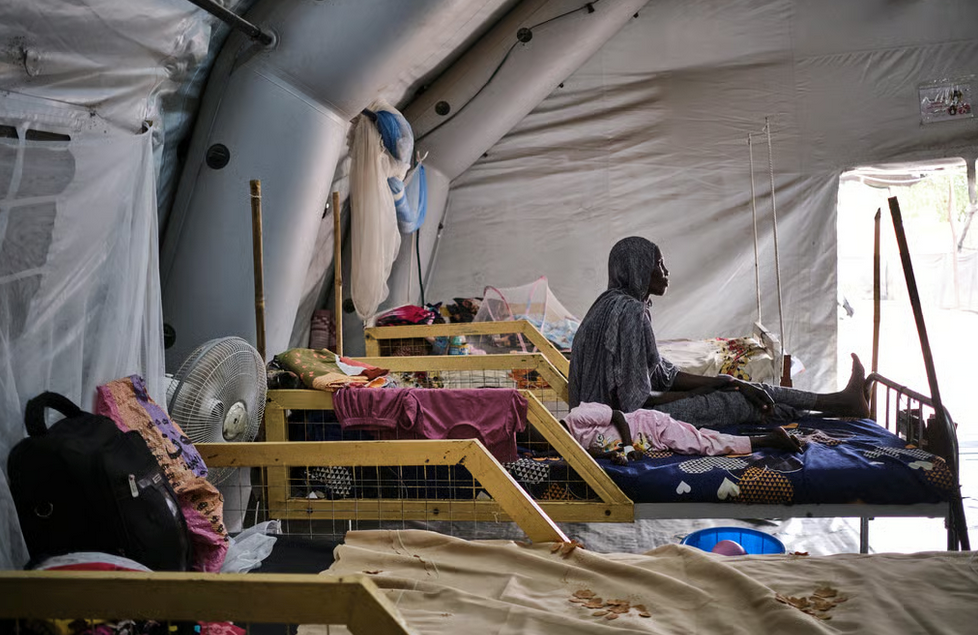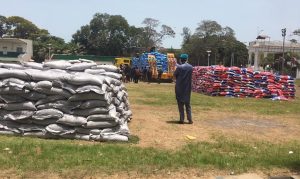Gambiaj.com – (Brussels, Belgium) – The European Union is considering a controversial overhaul of its foreign aid policy, proposing to attach conditions to funds sent to developing countries, including a focus on stemming migrant flows and securing critical raw materials. This potential shift, outlined in internal European Commission documents seen by POLITICO, aims to align foreign aid more closely with the domestic priorities of EU member states.
Currently, much of the EU’s development assistance is provided without specific strings attached. However, under the new plan, the Commission intends to create “partnership packages” that reinforce the link between external action and internal EU concerns such as energy security and the supply of vital resources.
Commission President Ursula von der Leyen and Budget Commissioner Piotr Serafin reportedly articulated this vision in an internal note concerning the EU’s next multi-year budget.
This proposed change would see the EU’s development agenda mirroring approaches taken by the United States and the United Kingdom, where foreign aid is often leveraged to address domestic voter concerns.
For regions like Sub-Saharan Africa and the Middle East, this means funding would not only target poverty reduction but also serve EU interests.
The move, however, faces significant hurdles. Before new conditions can be implemented, the EU must secure unanimous approval from key lawmakers, non-governmental organizations (NGOs), and member countries.
Critics are already voicing strong opposition, warning that this approach could undermine global poverty reduction efforts and damage the EU‘s credibility as a reliable development partner.
“This is a strategy that could undermine the quality of EU development aid,” stated María José Romero from Eurodad, an NGO specializing in debt management for poor countries. An anonymous EU diplomat echoed this sentiment, claiming, “There is not a single member state who supports this approach.”
The Commission’s proposal also envisions creating economic partnerships with beneficiary countries, tying aid to broader trade and economic relations. This “cash-for-reforms” model has drawn accusations of paternalism and concerns that it will do little to improve Europe’s image in poorer nations, already strained by the legacy of colonialism.
Danish MEP Rasmus Nordqvist told POLITICO that the strategy appears to be “a way to please voters at home rather than actually doing something that works where development aid should.”
Brussels officials, however, refute claims that the strategy mirrors the “extortive practices” sometimes associated with Chinese and American foreign aid approaches, particularly after President Donald Trump’s controversial use of aid to gain access to strategic assets. “We are creating partnership agreements that are mutually beneficial,” an EU official asserted.
While the new model would involve significant administrative changes, potentially merging various programs into a single “Global Europe Fund” subdivided by geographic categories, the Commission has signaled that rules for essential humanitarian aid – covering basic needs like food and clean water – would remain unchanged.
Bordering countries in the process of joining the EU, such as the Western Balkans, Ukraine, and Moldova, would face separate and potentially tougher conditions than other developing nations.
The EU’s development ministers are expected to deliberate on the future of foreign aid during a meeting on May 26 as part of ongoing discussions for the next multi-year budget, known in Brussels as the multiannual financial framework. The Commission is slated to present its formal proposal on July 16.




